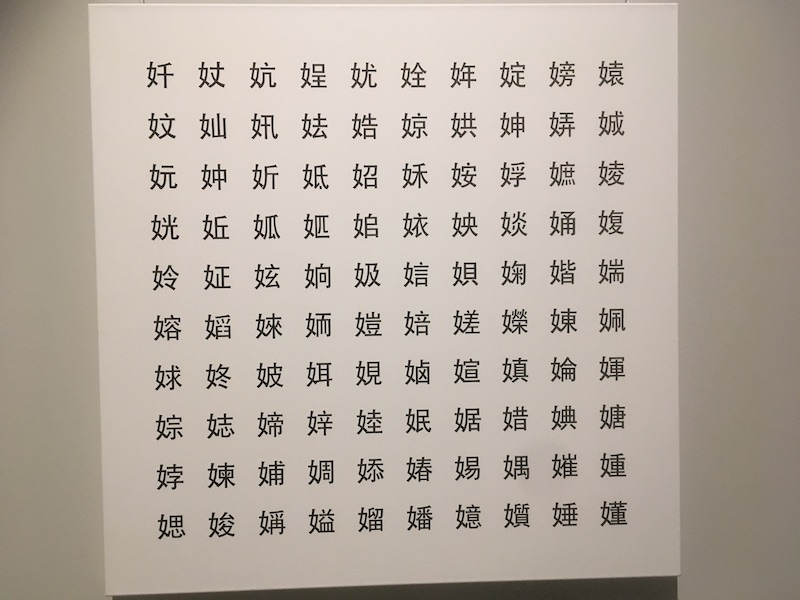Southeast Asians learning Mandarin
Anh Yeo is a Chinese from Vietnam. Currently she is studying in a graduate program of Chinese language and literature at Tsinghua University. To earn pocket money, she has taken up a job teaching Southeast Asia office workers Mandarin online. In response to this post "Aborted character simplification in the mid-1930s" (10/5/24), which had much to do with character simplification (or not) in Singapore, she wrote to me as follows:
I had two lessons tonight teaching Pinyin. Southeast Asians learn Pinyin fast (similar alphabet + existence of tones in Thai and Vietnamese), but because of that students are reliant on Pinyin and cannot remember characters! I have students learning for 3-4 months and still have to read off Pinyin (recognizing fewer than 50 characters). I always thought the coexistence of characters and Latin alphabet in Mandarin interesting!
Read the rest of this entry »


